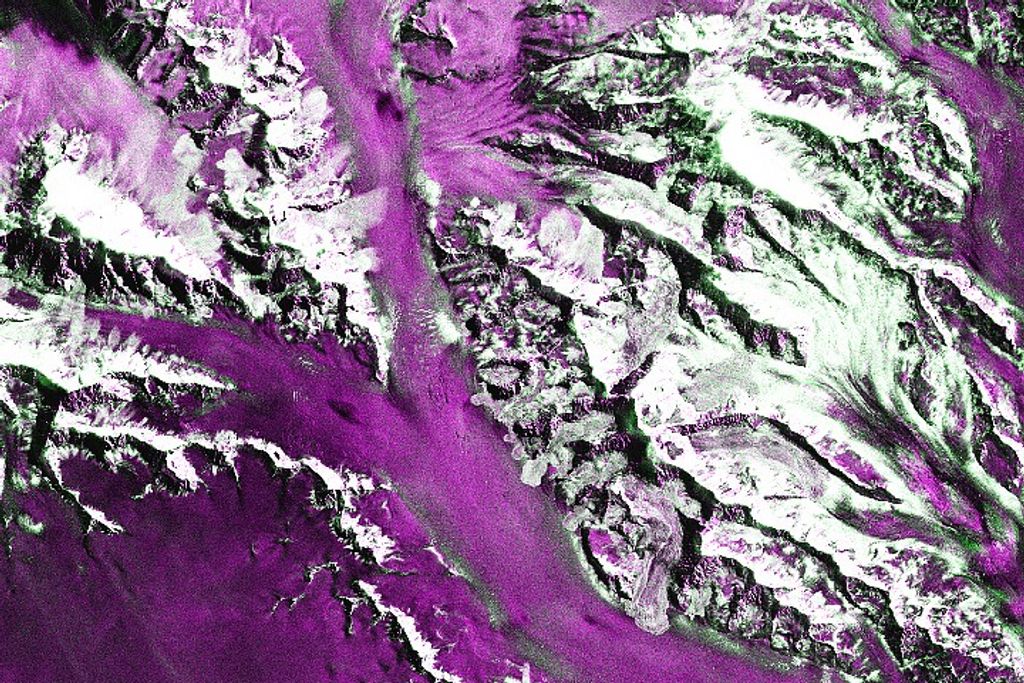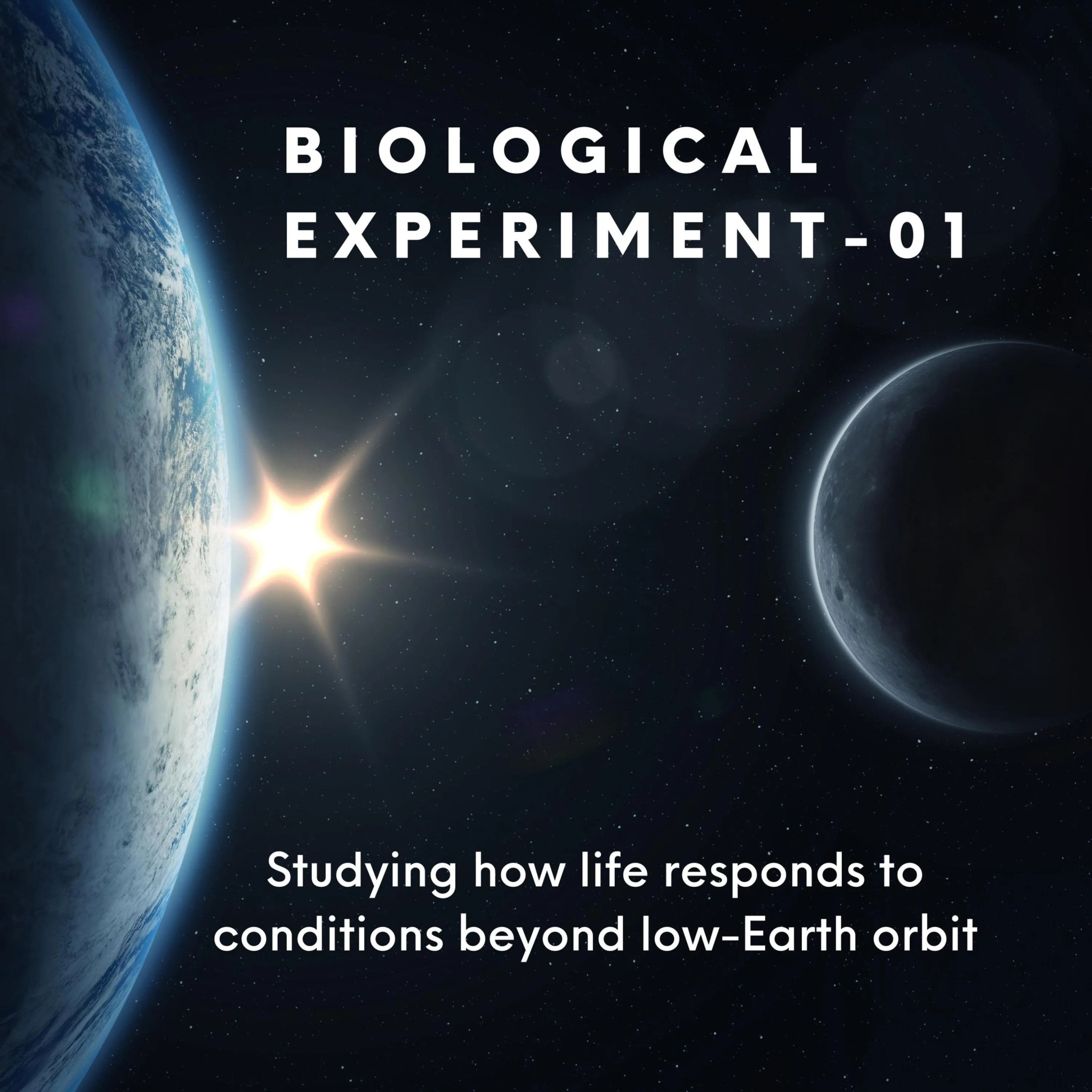BioExpt-01
Biological Experiment-01 on Artemis I

Biological Experiment-01 on Artemis I
Studying how life responds to conditions beyond low Earth orbit
BioExperiment-01 (BioExpt-01) will serve as a pathfinder for biological research beyond LEO, with four investigations in the Artemis I Orion capsule for its orbit around the moon and return to Earth. The investigations will evaluate the effects of deep space on the nutritional value of plant seeds, DNA repair of fungi, adaptation of yeast, and gene expression of algae. The common theme to these investigations is to study the biological effect of deep space, including the elevated levels of ionizing radiation, which is stronger outside low Earth orbit (LEO). The fundamental knowledge gained from these science investigations will help us learn how we can better thrive in deep space, such as future missions to the Moon and Mars.
On the Artemis I mission, an uncrewed Orion spacecraft will travel around the Moon and back to Earth over the course of 42 days
The first in a series of increasingly complex missions, Artemis I will provide a foundation for human deep-space exploration and demonstrate NASA’s commitment and capability to extend human presence to the Moon and beyond.
- Orion will fly farther than any spacecraft built for humans has ever flown.
- Orion will stay in space longer than any ship for astronauts has done without docking to a space station.
Why is BioExpt-01 Important?
Each of these four experiments will help us understand a unique aspect of how biological systems can adapt and thrive in deep space. During its flight, Orion will pass through the Van Allen Belts – areas beyond low-Earth orbit where cosmic radiation is trapped – and provide researchers with a true deep space environment for conducting these experiments.
Space and Earth Applications Studies of the responses of the four different organisms selected for this mission will help elucidate gene and protein pathways that promote robustness in the environment of deep space. These same molecular determinants may be relevant to studying increased survival of organisms under harsh environmental conditions on Earth.
BioExpt-01 Investigations
BioExpt-01 consists of four uncrewed studies:
- Deep Space Radiation Genomics (DSRG) - Pioneering scientific discovery by correlating which genes provide yeast cells, Saccharomyces cerevisiae, with a higher probability of survival and the types I and doses of radiation experienced beyond Earth’s protective magnetosphere. Principal Investigator: Luis Zea, PhD, Univ. Colorado, Boulder
- "Fuel to Mars" - Identifying genes and gene pathways in algae, Chlamydomonas reinhardtii, that convey the best survival advantage during exposure to the combined impacts of space radiation and microgravity to become the parent strains in future studies to optimize generation of hydrogen and other fuels in space. Principal Investigator: Timothy Hammond, PhD, Institute For Medical Research
- Investigating Roles of Melanin and DNA Repair on Adaptation and Survivability of Fungi in Deep Space - Determining the physiology and molecular pathways responsive to spaceflight using fungi, like Aspergillus niger, a group of microorganisms commonly found in spacecrafts. Principal Investigator: Zheng Wang, PhD, Naval Research Laboratory
- Life beyond Earth: Effect of Spaceflight on Seeds with Improved Nutritional Value - Understanding the impact of space flight beyond the Van Allen radiation belt on amino acids which are the building blocks of proteins in Arabidopsis thaliana seeds. Principal Investigator: Federica Brandizzi, PhD, Michigan State
More about BioExpt-01
- Around the Moon and Back: A Test Drive for Science
- Small Samples with Big Mission on First Orion Flight Around the Moon
- More about the Artemis I Mission
Follow: @NASASpaceSci Twitter































